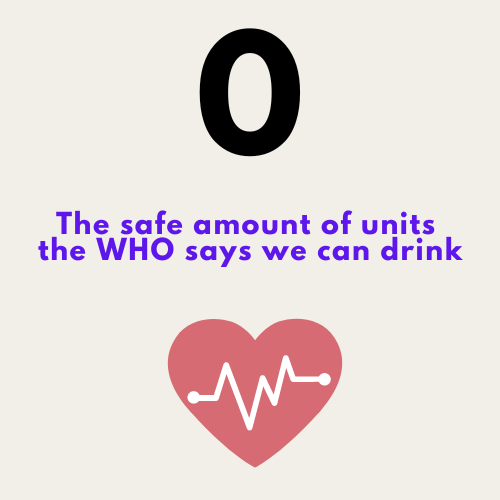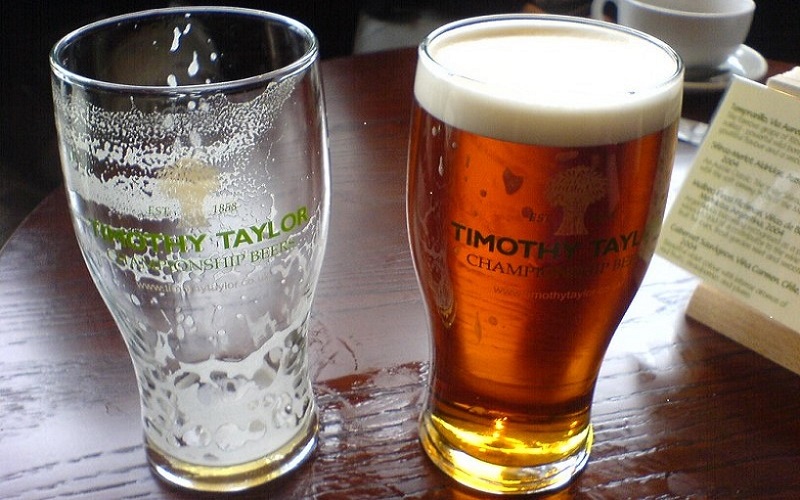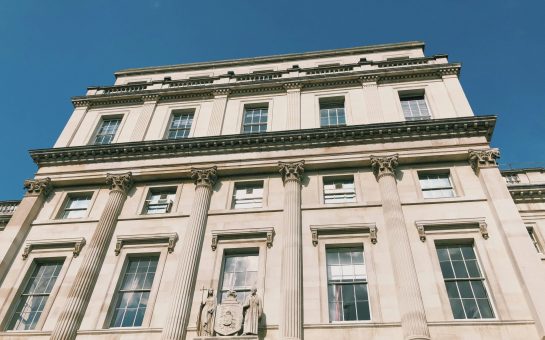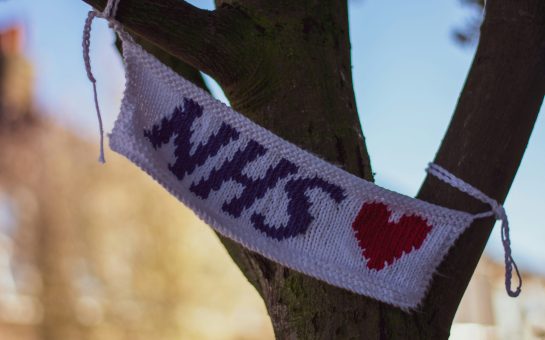As the number of pubs in the UK continues to fall, a prominent academic has made a passionate defence of their unique status in communities.
Professor Robin Dunbar, 76, is an anthropologist and professor emeritus of evolutionary psychology at the University of Oxford, and is a standard-bearer against the idea that the only safe amount of alcohol is none at all.
He said: “Most of the research in this area is focused on bad things that happen.”
Professor Dunbar is convinced that alcohol has a net benefit for both the individual and society.
Last year, the WHO released a report that stated the only safe level of drinking was total abstention.
However, Professor Dunbar has done extensive research in this area including a study into the functional benefits of modest alcohol consumption.
He said: “The WHO is driven by medics, and medics only have one interest — immediate physical illness.
“They don’t consider the wider implications.”

In his study Professor Dunbar and his team analysed participants on a range of metrics.
This included trust in other people, happiness levels, feelings of ‘worthwhileness’, and life satisfaction.
The study’s key conclusion was:
“Respondents who have a ‘local’ that they visit on a regular basis are more socially engaged, feel more contented in their lives, and are more likely to trust other members of their community.”
But let’s be clear.
Professor Dunbar is not suggesting all of life’s ills can be washed away by glugging down bottle after bottle of wine.
While moderate drinking is fine, he cautions: “We are rather prone to grabbing a second or third or fourth class.
“That’s where you get into trouble.
“But it’s like anything in life: oxygen, water, salt, protein, are all good in small quantities, and very bad for you in large quantities.
“They’re all poison.”
Is alcohol the key, or having a local?
Professor Dunbar, pictured below, responded: “It’s not so much that the alcohol consumption is crucial in that if you don’t have any, nothing will happen.
“But it is the case that the alcohol consumption is one of the behaviors that triggers the endorphin system in the brain.
“If you don’t have the alcohol, there will be something missing.
“It adds something extra.”

In September 2023, a think tank Localis released a report into the decline of the British local.
In it they called for more to be done to protect this essential community hub.
The report highlighted the need for a revamped Minister of Pubs and a government taskforce to support pubs.
It stated: “A long-term strategy is needed to determine a sustainable tax and regulatory framework and measures that can ensure its pivotal role in society is not lost.”
Professor Dunbar agreed, suggesting pubs be considered for charitable status.
He said: “The fact is the mechanism exists.
“It’s simply how you classify.”
Saving the NHS money
While figures are readily available concerning the cost of alcohol-related health conditions, the long-term impact of loneliness and depression are much more nebulous.
If pubs are a bulwark against the cost of long-term mental health problems, would it be cheaper for governments to offer more help to pubs instead of spending the money treating people down the line?
Professor Dunbar said: “The problem here is that the savings or costs are so far down the line, they’re very difficult to measure directly.
“This is why this whole issue keeps getting overlooked.
“You need much longer term, bigger scale studies which allow you to tease out the short and the long term consequences and show that it (local pubs) is keeping people out of the NHS and therefore saving money.”
He has a stark message if the decline in pub numbers continues.
“If these kinds of places go to the wall, it’s going to end up with more and more people piling into clinics.”
Main image credit: lint01
Image of Robin Dunbar credit: Cirone-Musi





